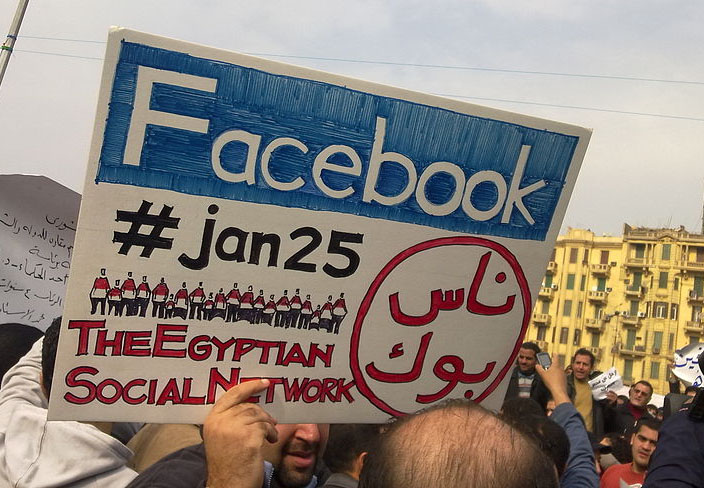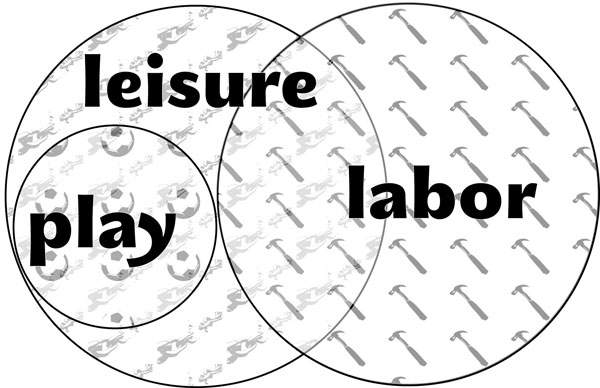
Along with the Cyborgology editors and few other colleagues, we are throwing a conference on April 9th called Theorizing the Web. Leading up to the event, we will occasionally highlight some of the events taking place. I will be presiding over a paper session titled “Wiki-Knowledge—Populist Epistemologies from the Web” and present the four abstracts below. The aim of this paper session is to explore emergent communities of knowledges, their epistemologies, and the impact of the knowledge economy that is being created and has been created on the Web and social media. Each of these papers address different knowledges and epistemologies, ranging from the perceptions of the Internet and it uses to the meaning of post-expertise in the era of Web 2.0.
First, Katy Pearce will present a paper on Armenian conceptualizations of the Internet and the Web. What will be emphasized her is the meaning of the Internet and the Web is based not on just individual preference but is both culturally and device-bound. Next, Avelet Oz explores the contradictory tendencies of Wikipedia’s legal consciousness and its ideological practices: Wikipedia’s attempt to set a cultural schema and organization of objectivity while keeping the system open to the lay public to encourage participation. Third, Kyle Reinson presents the intriguing case of post-expertise in the era of Web 2.0, which describes the potential shift of power relations that may result from the challenge of emergent businesses and social media organizations. In effect, the rise of said businesses and social media organizations offer individuals access to information and services at little or no cost that was previously held and distributed by experts in a particular knowledge community. Last, Sally A. Applin will present a paper written with Michael D. Fischer that specifically focuses on the dynamics of knowledge creation on Web 2.0 and how this new practice of knowledge formation challenges authority of experts by rendering such information available to the mass public.
Find the four abstracts below. Together, they will make for an interesting and informative panel for anyone interested in knowledge production and epistemologies. We invite everyone to join us at the conference in College Park, MD (just outside of Washington, D.C.) on April 9th. And let’s start the discussion before the conference in the comments section below. Thanks! more...


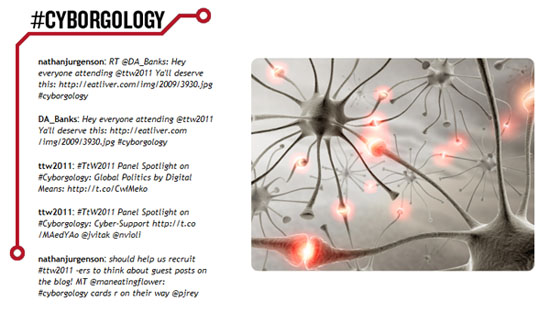

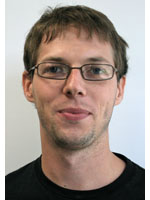




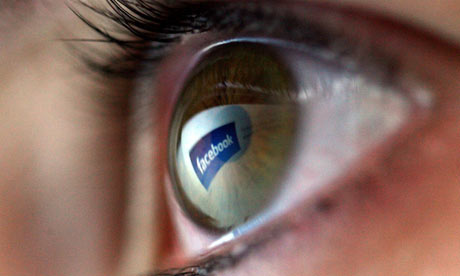
 The
The 